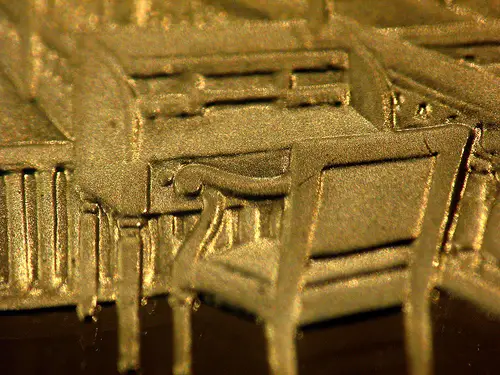 Anyone who has ever gotten a loan or mortgage or owned a credit card has a credit score. If you’re like most people, however, you probably don’t pay too much attention to it. Sure, it will come up once in a while when you’re getting ready to apply for a loan or credit card, but it’s not a number that is as much “in your face” as your checking account or card balance. For some people, the fear of uncovering a problem is usually too overwhelming, while for others, it’s the misguided belief that checking their credit score will hurt their record.
Anyone who has ever gotten a loan or mortgage or owned a credit card has a credit score. If you’re like most people, however, you probably don’t pay too much attention to it. Sure, it will come up once in a while when you’re getting ready to apply for a loan or credit card, but it’s not a number that is as much “in your face” as your checking account or card balance. For some people, the fear of uncovering a problem is usually too overwhelming, while for others, it’s the misguided belief that checking their credit score will hurt their record.
Nevertheless, ignorance is never bliss when it comes to your credit. Here are three good reasons to keep tabs on your score:
Take Control of Your Finances
You probably already know that most lending institutions will check your credit history when you apply for a loan, but they’re not the only organizations that might want to have a peak. For landlords, car dealerships, insurance companies, and even employers, credit scores are an excellent way to gauge how responsible an applicant is with their finances.
Whether your credit score is excellent — or in the dirt — knowing the number will help you take better financial steps by painting an accurate picture of your situation. That means you will have a clearer idea of your borrowing power, and you won’t be surprised if your loan or credit card application falls short.
A credit report will also tell you what is harming your score, be it making late payments, using too much of your revolving credit or having too many hard inquiries on file. Lenders and credit card companies tend to give great loan deals and the best pre-approved card offers to applicants with stellar credit scores. But by knowing what is negatively affecting your credit beforehand, you can start improving your score and getting ready for your next application early.
Spot Errors
The “Big Three” credit bureaus Equifax, Experian, and TransUnion have files on millions of people. So, unsurprisingly, mistakes like having someone else’s information on your record or wrong data about your account aren’t uncommon. Bureaus can also erroneously list debts more than once or wrongly report payments as delinquent.
If you don’t usually check your credit score, you may be unaware of an error in your record, and you won’t have time to investigate and correct it when you urgently need a loan or a new credit card. Keeping track of your score, on the other hand, will enable you to identify errors and take corrective measures before it’s too late.
Understand How Scores Change
Your credit score often varies, depending on your financial activity, so it’s essential that you always remain on the loop. If you’re like most people, you probably don’t know how much of an impact some things and events can have on your score. For instance, a “12-month-no-interest” deal on a smartphone or a piece of jewelry may be a good deal, but for scoring purposes, that would seem like a maxed-out credit card and will drop your score drastically.
The points you lose will come back gradually as you pay for your item, but if you know how such a purchase will affect your score, you can make better shopping choices. You probably won’t sign the deal if you’re planning to apply for a car loan soon.
Your credit score is a more significant factor in your financial life than you might think. It’s therefore crucial that you don’t stay in the dark. Knowing your score will help take control of your finances, understand how your spending habits affect your credit, and dispute errors when they happen. If you have no idea what your credit score looks like, endeavor to find out sooner rather than later.
Photo Credit: kevindooley

Question of the Week